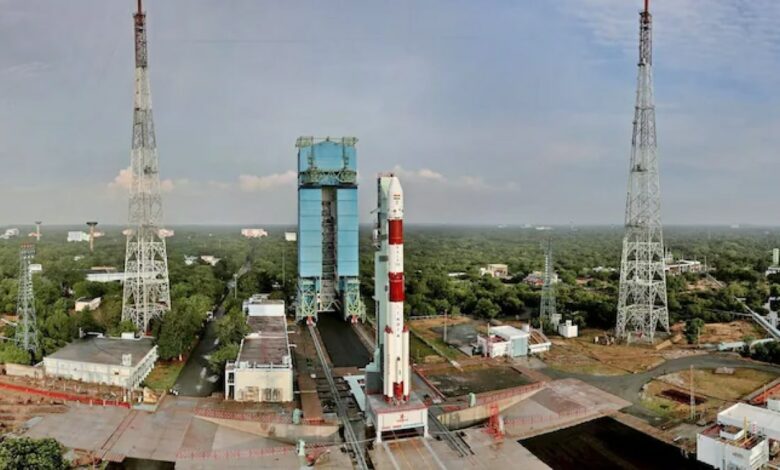ISRO’s PSLV-C59 launches ESA’s Proba-3 mission for Sun Corona Study

The Indian Space Research Organization (ISRO) has scheduled the launch of the PSLV-C59 rocket with the Proba-3 spacecraft for December 4, 2024 at 4:08 PM IST, according to reports. The mission, a dedicated commercial venture of NewSpace India Limited (NSIL), will take off from the first launch pad at the Satish Dhawan Space Centre, Sriharikota. According to reports, this will mark the 61st mission of the Polar Satellite Launch Vehicle (PSLV) and the 21st use of its XL configuration.
Mission Overview
According to sourcesProba-3, a project developed by the European Space Agency (ESA), is an In-Orbit Demonstration (IOD) mission aimed at demonstrating precision formation flying. The spacecraft consists of two components: the Coronagraph Spacecraft (CSC) and the Occulter Spacecraft (OSC). These satellites, launched in a stacked arrangement, will operate in tandem and maintain a precise distance of 150 meters. The innovative configuration will enable the creation of artificial solar eclipses, allowing extensive observation of the Sun’s corona.
Scientific objectives
Reports indicate that the mission’s primary goal is to explore the Sun’s corona, the outermost layer of the atmosphere, to advance understanding of solar dynamics and space weather. Instruments aboard the spacecraft are designed to block the Sun’s intense light, allowing detailed study of solar phenomena that are otherwise difficult to observe. Proba-3’s ability to continuously monitor the corona for up to six hours is expected to provide valuable scientific data.
Collaboration and technology
The mission highlights the important collaboration between ISRO and ESA. The PSLV-XL rocket, equipped with additional strap-on boosters, will reportedly be able to carry a payload of approximately 550 kg. The precision formation flight technology demonstrated by Proba-3 is expected to pave the way for advanced techniques in space exploration. Preparations for the launch at the Satish Dhawan Space Center are in full swing and all systems are reportedly on track for the scheduled launch.




